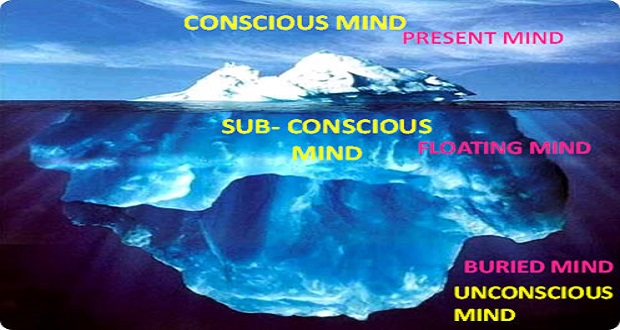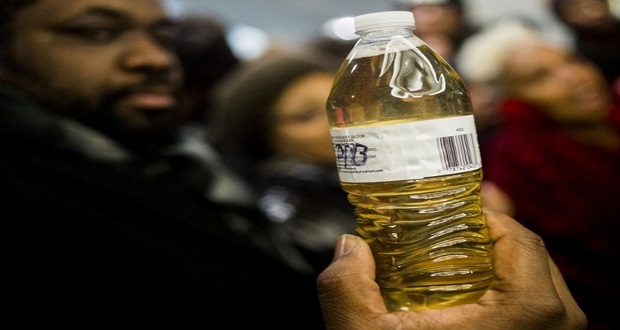
Recently a client asked us why we call it “unconscious” bias rather than “subconscious” bias. When I was first exposed to the concept many years ago, I wondered the same thing. I thought, aren’t we really talking about the subconscious because when I am unconscious it is as a result of a fainting or a concussion or some other medical condition where I temporarily am “out”.
Here is what the experts say about the difference. Unconscious and subconscious are frequently used interchangeably although there are differences. The differences mainly lie in whether you are talking about the terms from a medical or psychological perspective. The medical definition is “a mental state where a person is not responding to external stimuli due to a variety of reasons such as brain injury, cardiac arrest, fatigue.” However, in psychological parlance, the unconscious is the deepest stage of one’s mind. “This stage is not easily accessed and works as a layer of thoughts which absorbs repressed memories.” Jung believed that the unconscious mind was divided into two parts: the personal unconscious (individual memories) and the collective unconscious (shared ideas generally regardless of one’s background or culture).
The subconscious mind is the stage of the mind between the conscious and the unconscious. The subconscious mind is more easily accessible than the unconscious mind, because the memories are not as deeply repressed as in the unconscious mind. It is believed that the subconscious mind is the repository of thoughts for later use when the conscious mind is on overload.
With this clarification it is clear that “unconscious” is the more appropriate term to use when we are talking about bias. It is indeed more likely to reside deep in the recesses of our mind with little awareness and not easy to access.



















This is the most clear, and straightforward explanation of the difference between subconscious and unconscious bias I have read. Thank you.
The author does a good job of differentiating between unconscious and subconscious. The natural conclusion of her argument should point to subconscious bias as the most appropriate term but it seemed her conclusion was contrived to fit an accepted norm. If the unconscious is so deeply repressed that it can not surface when the conscious is on overload, tben it is tbe subconscious that had taken over in displaying the bias instead of the unconscious. Let us credit the subconscious where credit is due.
That would depend on where among those three mental state a belief system resides, as well as from where one’s dreams/nightmares surface.
William
Thank you for this explanation
I have to admit that I have only recently become aware of the unconscious mind. I have long been aware of the conscious and the subconscious, but the unconscious mind is something I have given little if any thought to.
So thank you for this article and the differentiation between the two.